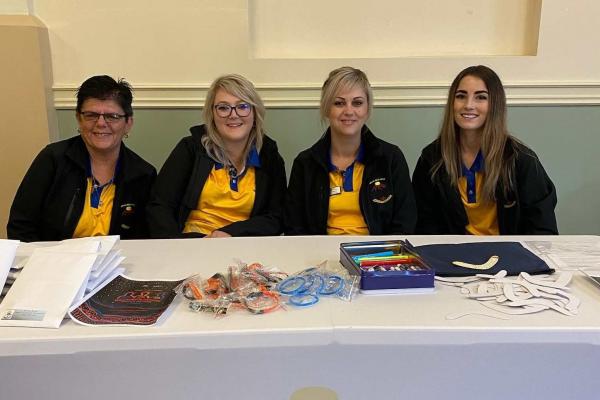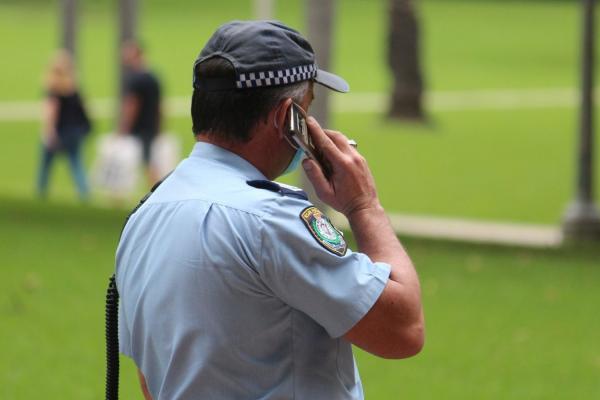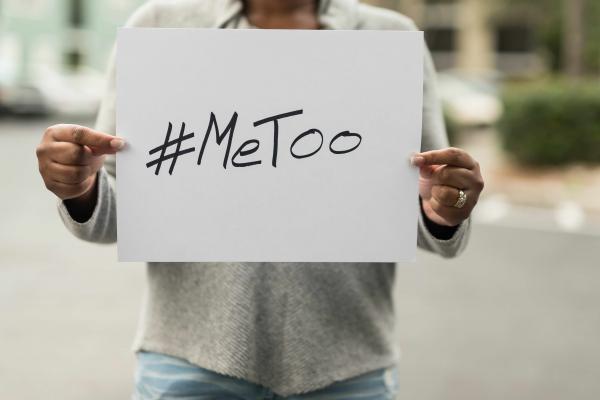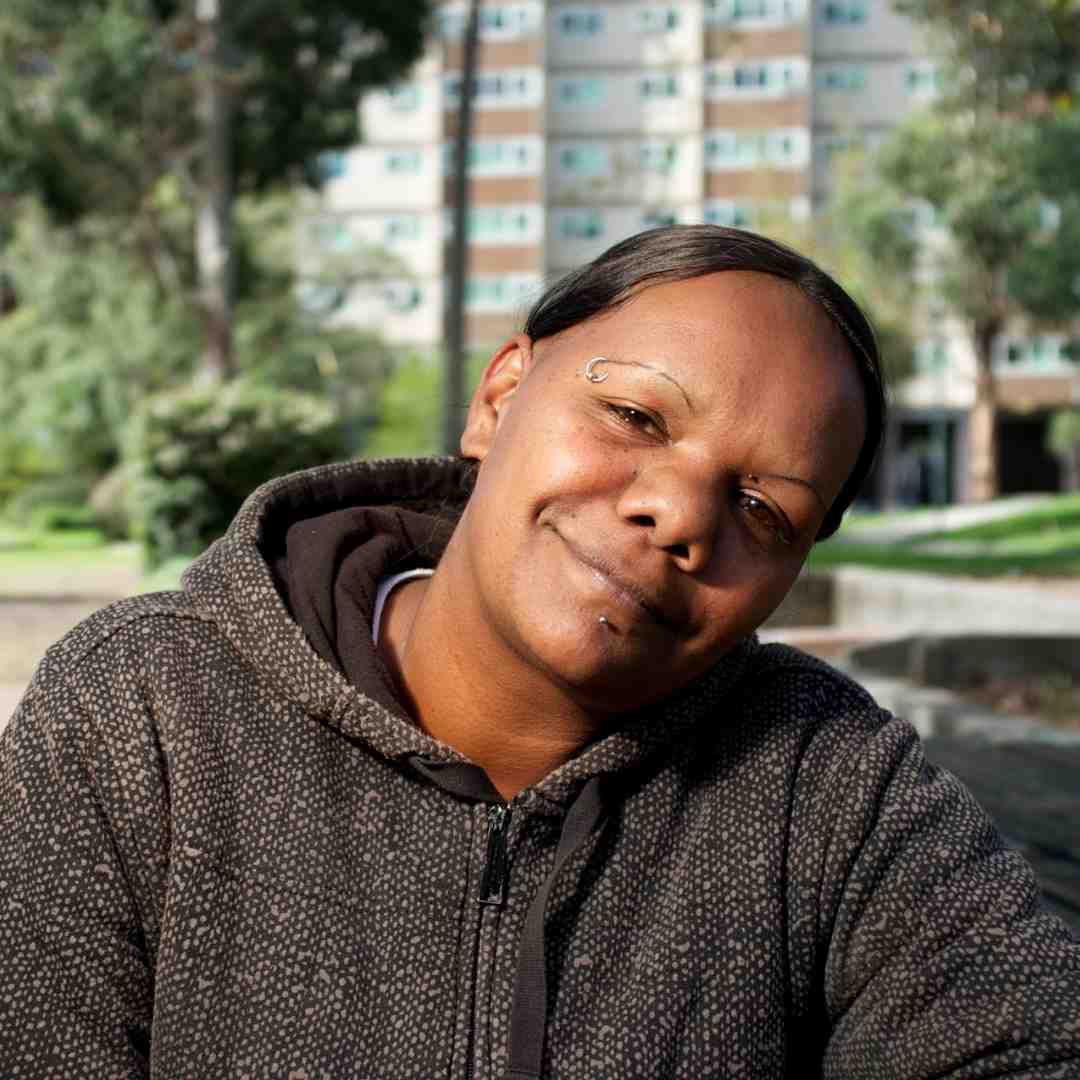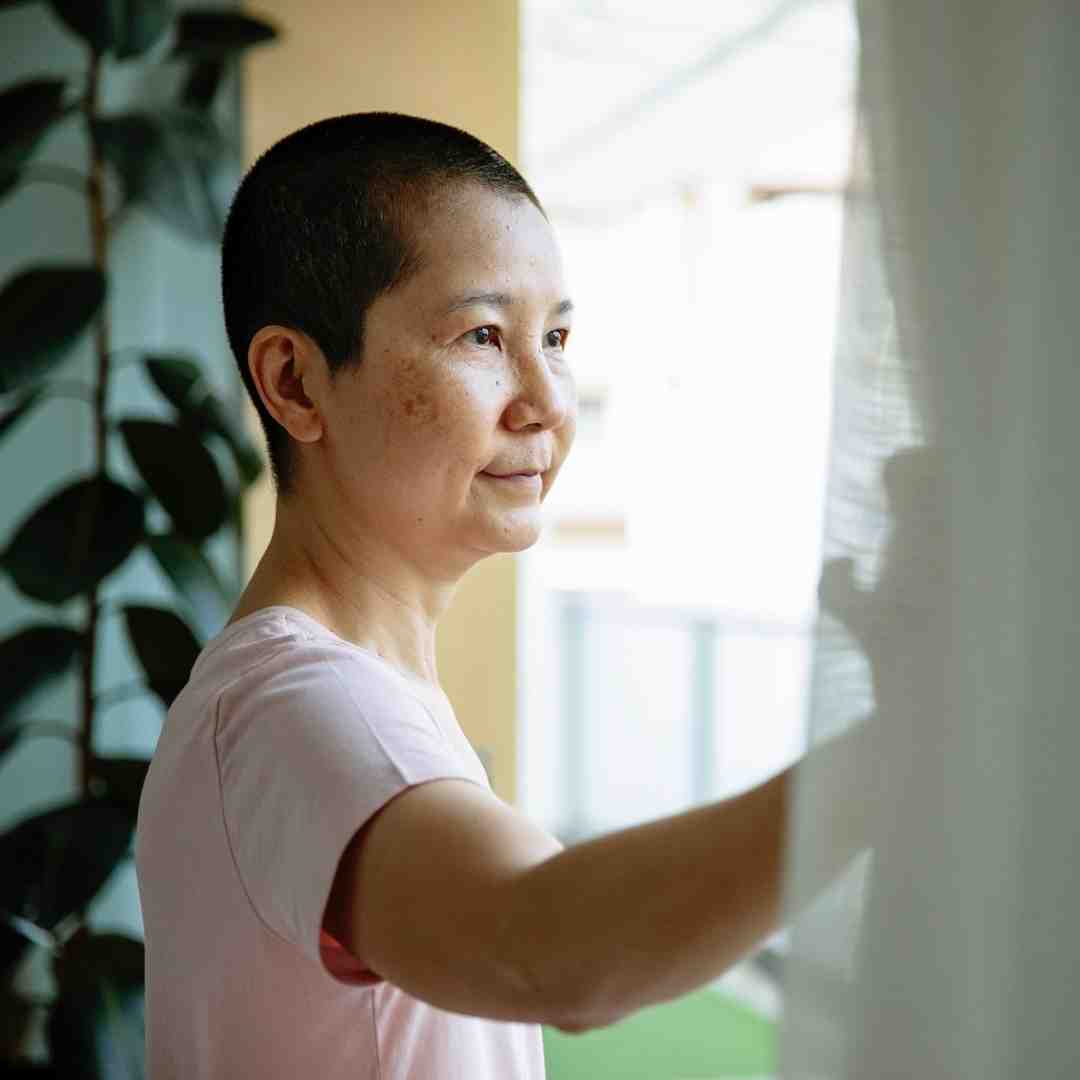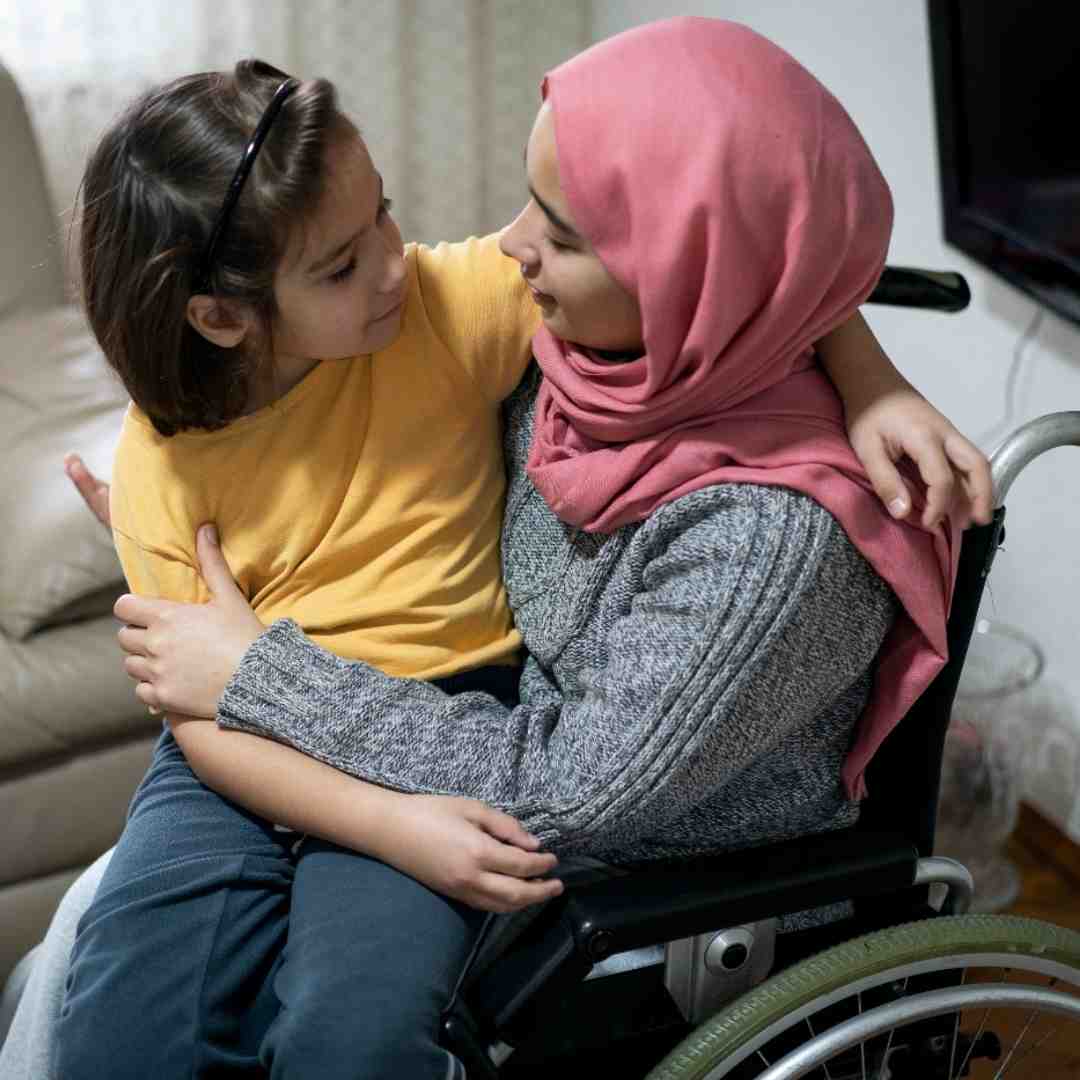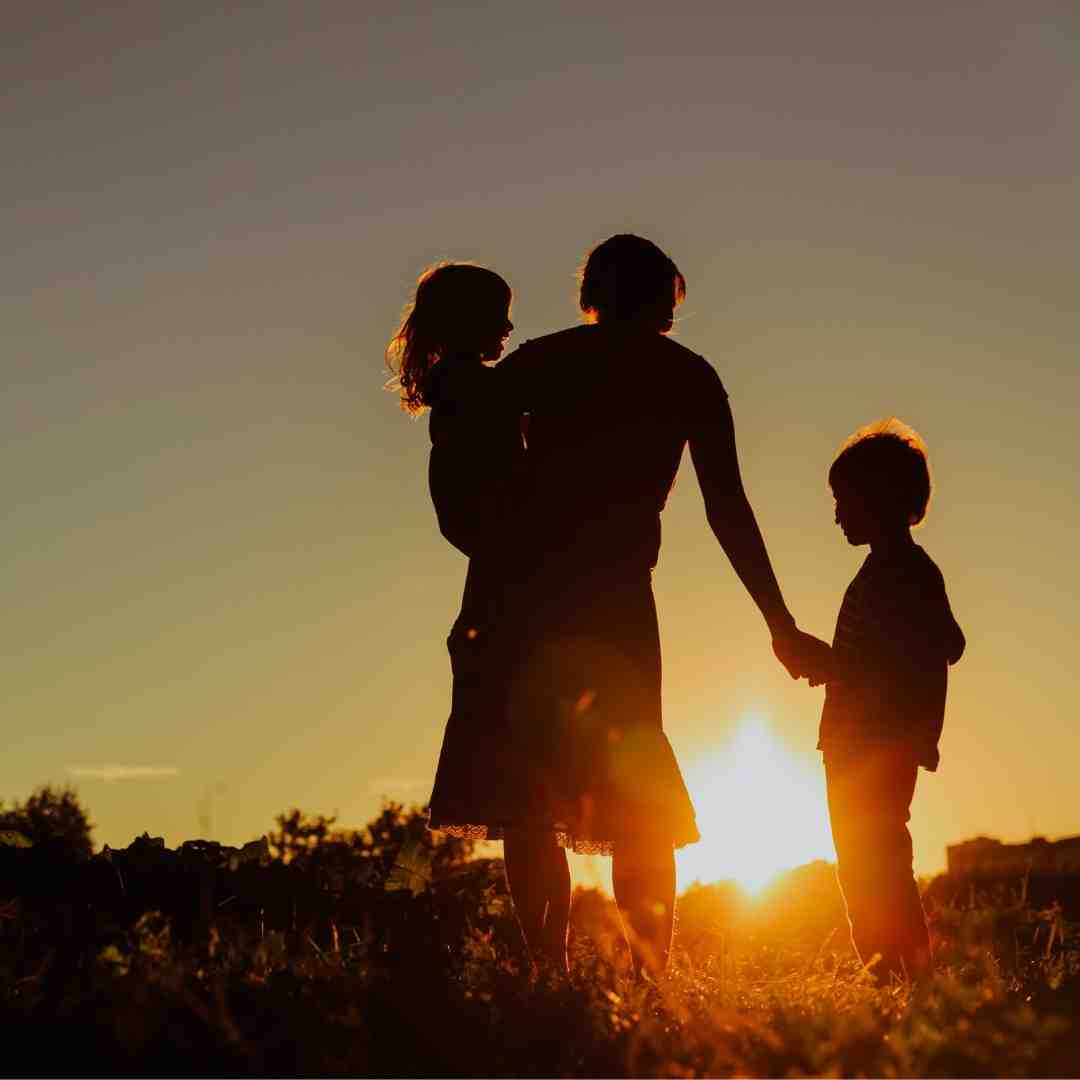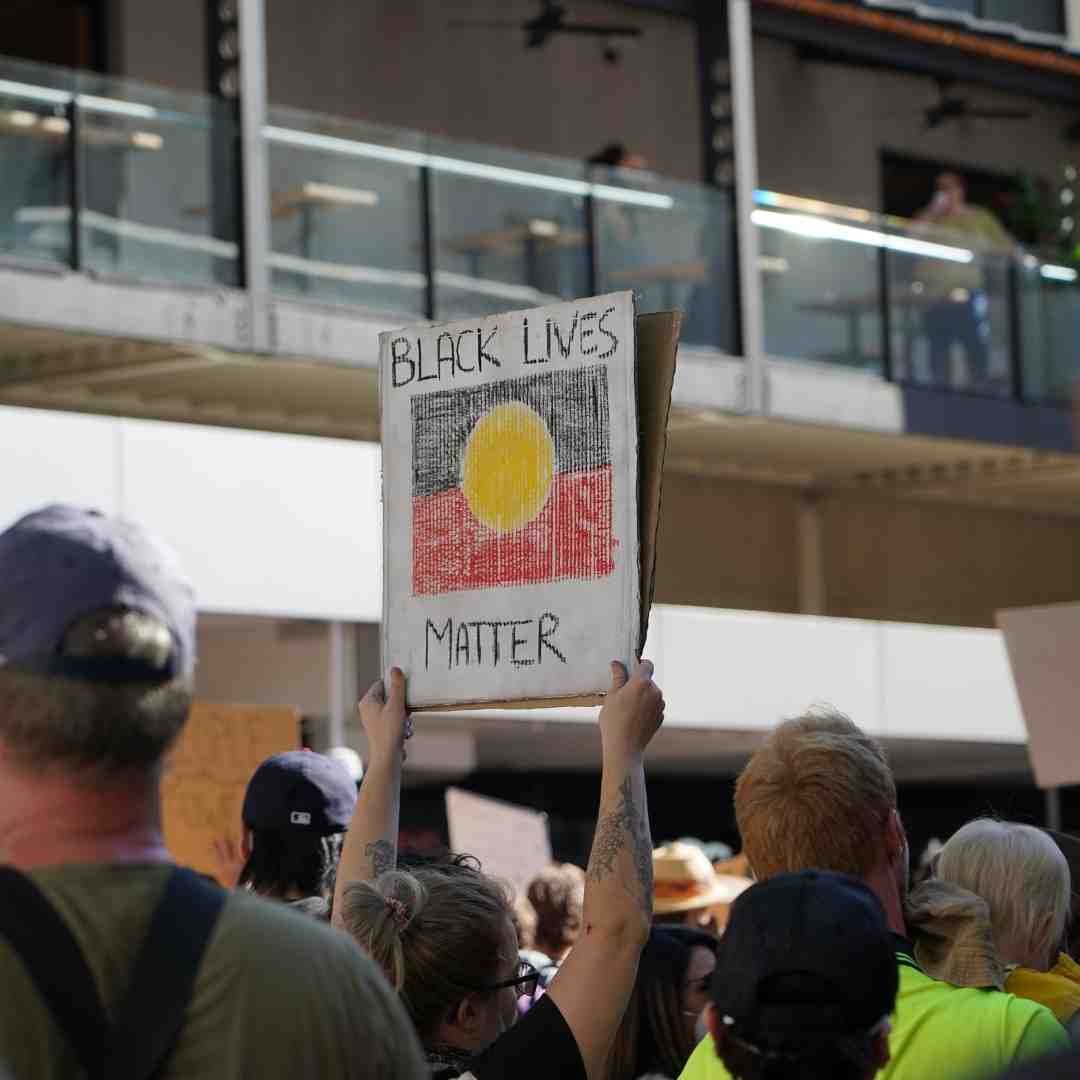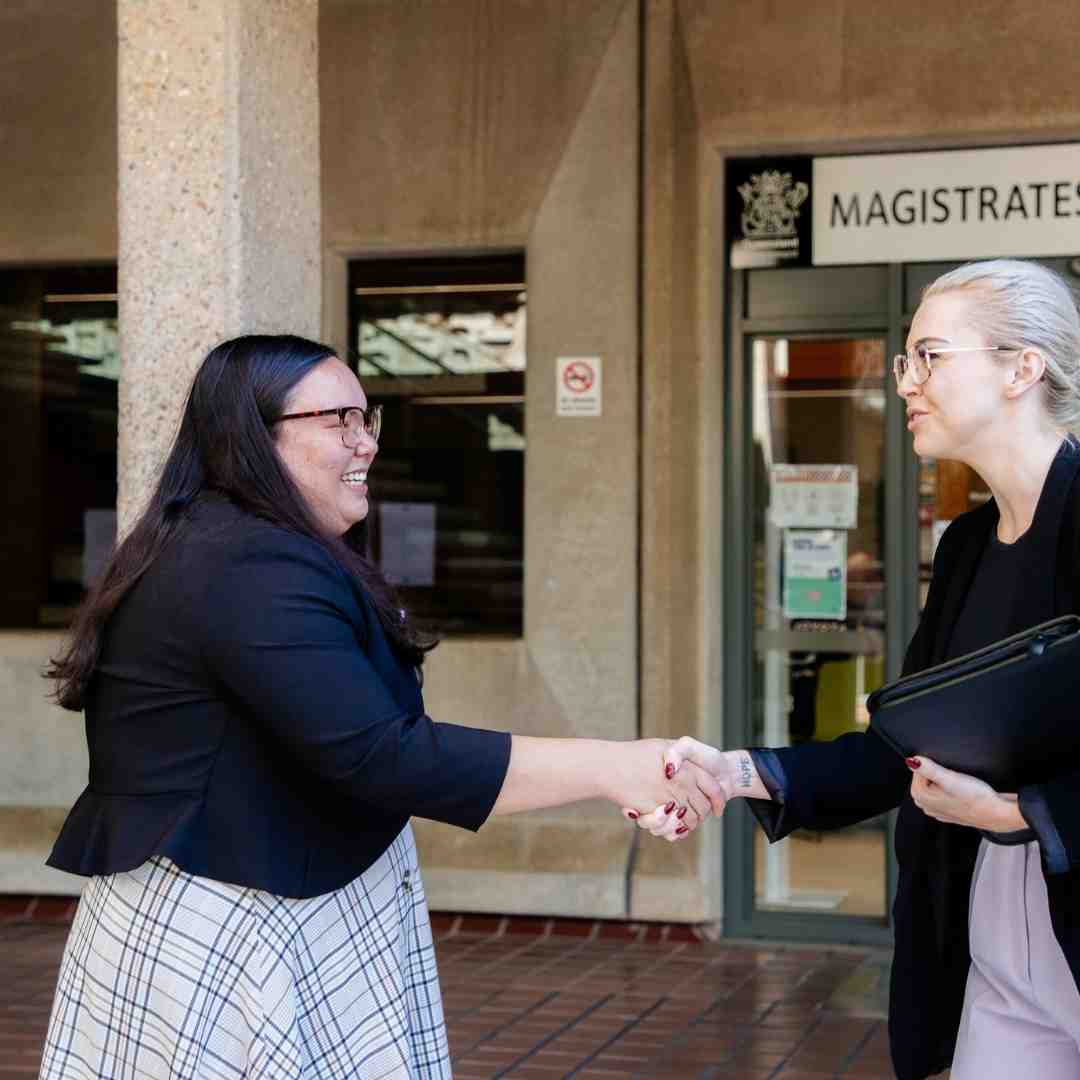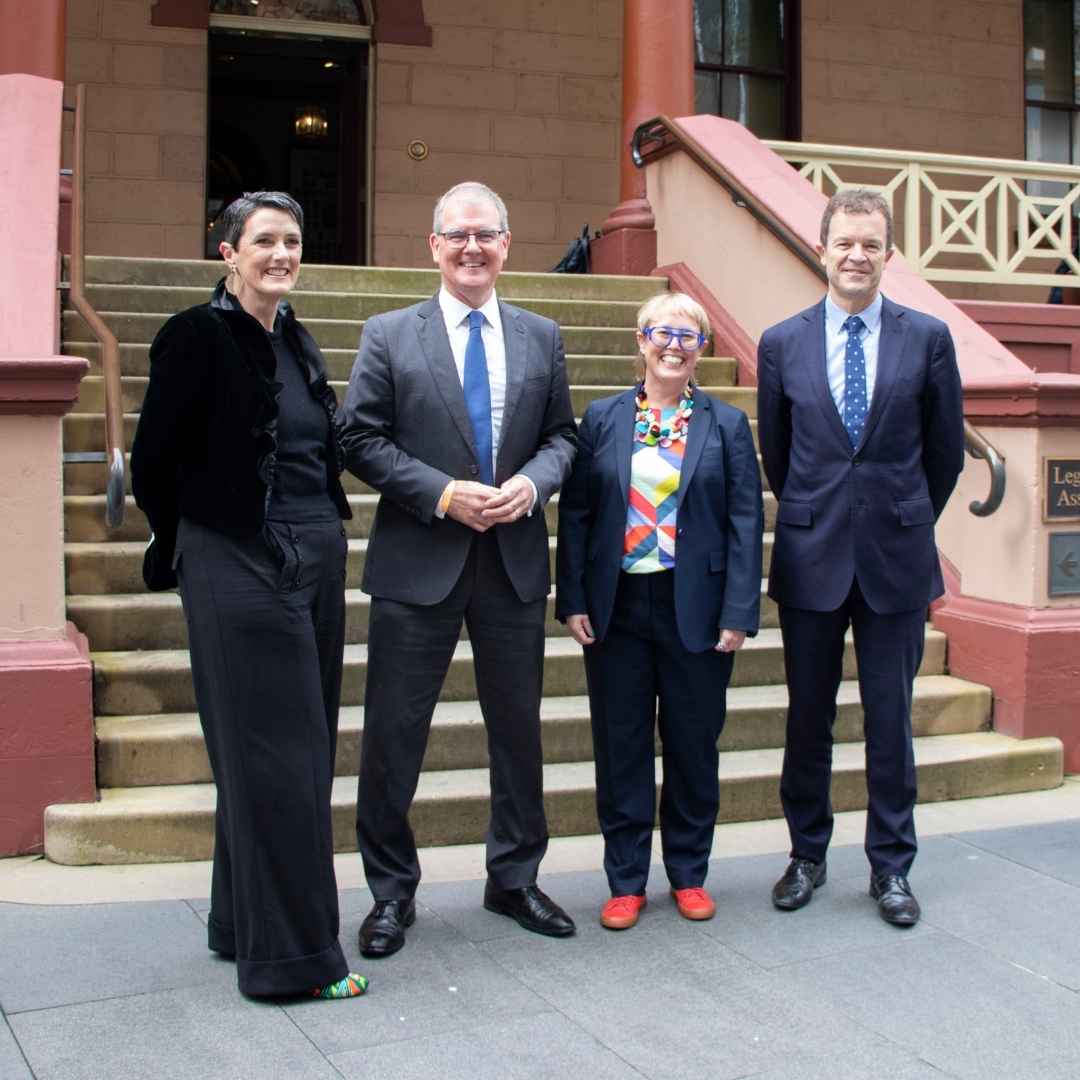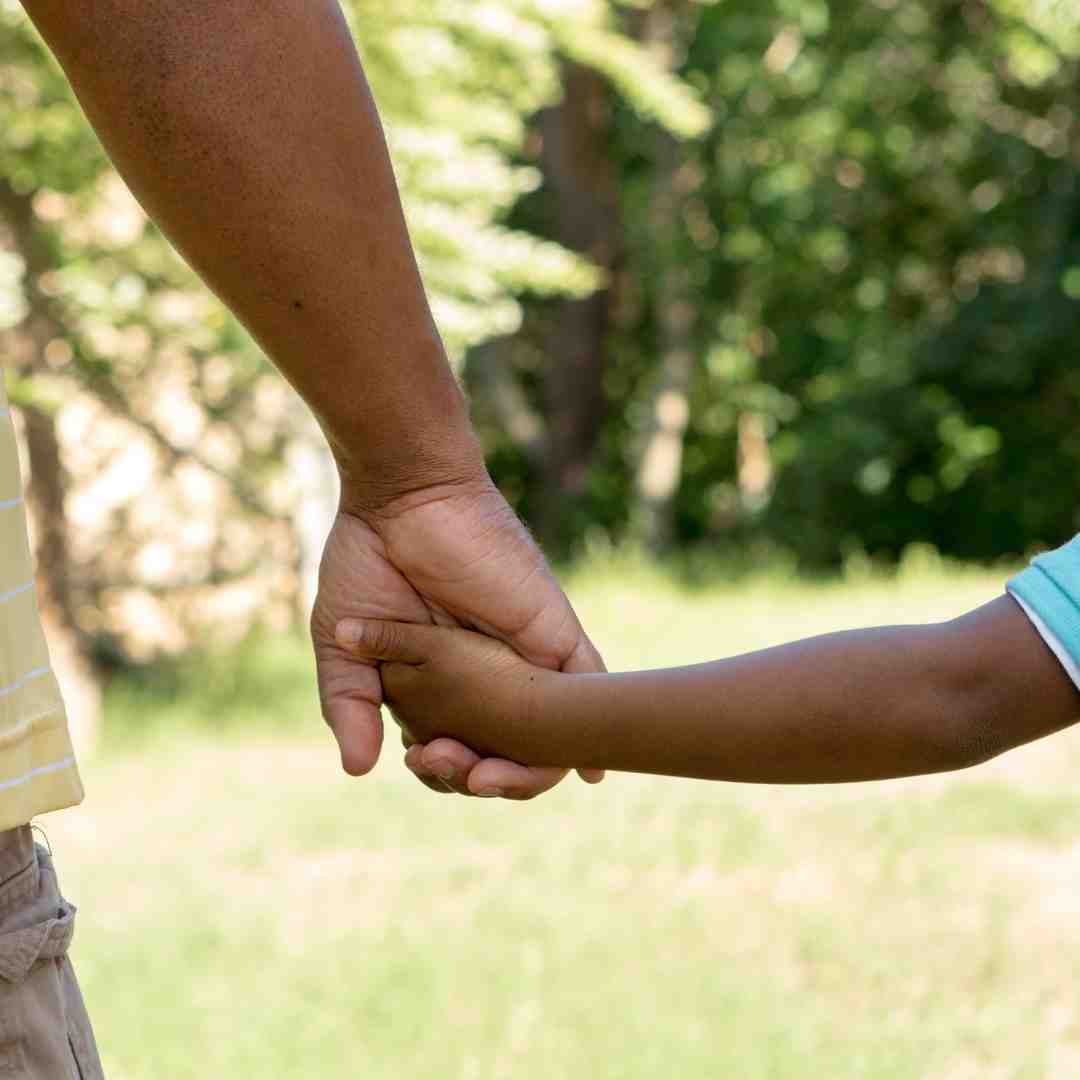Everyone deserves to live free from violence, abuse and harassment, in communities where our personal integrity is respected.
Violence and abuse against women and girls is a serious and prevalent problem in New South Wales. One in two women in Australia have experienced sexual harassment, and one in three women have experience physical violence in their lifetime. Gendered violence and abuse can occur in many different places, from in homes and workplaces, to social settings and institutions. It can involve physical, sexual, emotional, psychological, financial, and technology-facilitated forms of coercion and harm.
While violence is experienced by all people, it is overwhelmingly perpetrated by men against women. It has distinct and gendered drivers, including rigid concepts of masculinity and femininity, the institutional condoning of (or silence regarding) violence against women, and laws and policies shaped by gender inequality.
Gendered violence cannot be disentangled from other social conditions and structural forces, such as colonialism, racism, transphobia, ableism, and class inequality. For example:
- Migrant and refugee women on partner visas are subjected to distinct forms of violence, with partners withholding passports or threatening deportation as a form of coercive violence.
- Outdated assumptions regarding traditional gender roles (of a male breadwinner and a dependent female partner) shape our social security system. This structural issue leaves victim-survivors of domestic violence – usually women – vulnerable to being unfairly held solely responsible for social security debts.
- As a result of ongoing colonisation and racialised inequalities in Australia, Aboriginal and Torres Strait Islander women experience violence at more than three times the rate of non-Indigenous women. When it comes to reporting experiences of violence, Aboriginal and Torres Strait Islander women face a myriad of barriers, including the threat of child removal, police violence, racism, and housing stress.
Due to these intersecting economic and social inequalities, Aboriginal and Torres Strait Islander women, people experiencing financial disadvantage, people with disability, older people and people who identify as LGBTQI+ are more likely to experience violence and abuse.
We need to work together to prevent violence and abuse in our communities before it begins. Action is needed at all levels of government, as well as in civil society, in schools, and in our communities. We support holistic change that provides women, children and all people with support and safety, whilst also working to shift the underlying social conditions that lead to violence and abuse.
Prevent violence in the community. Improve safety and support for victim-survivors.
- Ensure that building adequate social housing is placed at the core of all government efforts to address gendered violence, in recognition of the fact that domestic and family violence is the single largest driver of homelessness for women and children.
- Legislate a consistent definition of domestic and family violence across all relevant NSW laws (including the Crimes (Domestic & Personal Violence) Act 2007) which recognises coercive control, financial, and other forms of non-physical abuse.
- Develop and deliver community and schools-based public safety programs to all primary and secondary school children in NSW, including consent education, healthy relationship education, and violence prevention.
- Fund community-led restorative and transformative justice projects to enable victim-survivors greater choice and control through expanded pathways for support and accountability beyond police and criminal courts.
- Expand support and human services available in regional, rural, and remote communities, particularly social housing, safe and emergency accommodation, counselling, and drug treatment and rehabilitation services.
- Implement a co-responder model of response for domestic and family violence incidents, enabling communities to call unarmed mental health, housing, and harm-reduction specialists in addition to, or in lieu of, police or ambulance services.
- Implement an independent, annual, comprehensive audit process of NSW Police compliance with the Domestic Violence Standard Operating Procedures. Publish the results, including information on material variations or trends between Police Area Commands, and measures that will be taken to resolve any concerns.
- Increase specialisation and implement trauma-informed approaches within state criminal courts, and mandate domestic, family, and sexual violence training for all officers of the courts, including police.
- Equip all local courts in rural, regional, and remote communities with audio-visual link facilities and saferooms.
- Implement, expand, and improve trauma- informed social supports and services for victims-survivors of abuse, including community- based legal assistance services.
- Expand safety-focused programs for people who use violence and men’s behaviour change programs, particularly in regional, rural, and remote communities. Encourage uptake of programs by establishing a voluntary pre- sentence training scheme based on the Traffic Offenders Intervention Program.
- Engage both victim-survivors and perpetrators of violence in all law reforms related to sexual, domestic and family violence and abuse.
- Provide all people involved in Apprehended Domestic Violence Order proceedings – people in need of protection and defendants – with timely access to free, independent domestic and family violence and trauma informed legal advice and representation before any court appearance. Ensuring both parties have legal advice helps to ensure there are proper protections in place for children and the adult victim-survivor and the ADVOs are workable.
- Amend the eligibility for temporary accommodation, crisis accommodation and social housing so that everyone experiencing sexual, domestic and family violence and abuse has a safe place to live, regardless of visa status.
- Support people who have suffered neglect, violence, or abuse in aged care institutions. Extend the NSW Civil and Administrative Tribunal’s powers to hear, determine and provide financial restitution where an aged care facility has failed to provide the expected and contracted quality of care. Introduce mandatory reporting of sexual assault complaints in aged care and disability care settings.
We all want to live in a society that supports us when we need a hand.
Victims of child abuse, child sexual abuse, sexual assault, and domestic violence need our support to heal and recover. Financial support can mean that victims of such abuse can get back on their feet and begin moving forward.
As part of Australia’s obligation to eliminate violence against women and their children, we must provide redress when women experience violence. A victims support scheme that provides sufficient financial support helps Australia meet this obligation.
Improve access to compensation for victim-survivors of sexual, domestic and family violence and abuse
- Amend the Victims Rights & Support Act 2013 to:
- Establish an independent Commissioner Victims’ Rights.
- Increase recognition payments, including for sexual, domestic and family violence and abuse.
- Remove the requirement to separately prove injury in all cases. At a minimum, remove this requirement for victim-survivors of domestic or family violence, sexual assault, and child sexual abuse, except when necessary to establish aggravating circumstances for a higher category of recognition payment.
- Remove time limits on applications for recognition and financial assistance payments for victim-survivors of domestic or family violence, sexual assault, and child abuse.
- Repeal s41A, which causes an application for Victims Support to lapse after 12 months if an applicant has not provided evidence. Remove the burden on victim-survivors to collect their own evidence to support a Victims Support application.
- Reinstitute Victims Services collecting evidence on behalf of victim-survivors and particularly for victim-survivors of sexual, domestic and family violence, including child sexual abuse and child abuse or fund services to collect evidence on behalf of Victims Support applicants.
- Insert a legislative presumption against pursuing restitution in matters relating to sexual, domestic and family violence where a request not to pursue is made by the victim-survivor.
Latest news
This community-controlled organisation provides holistic and culturally safe legal and non-legal services in Forbes and throughout the central-west.
A recent report by the NSW Bureau of Crime Statistics and Research concluded that there was no significant spike in domestic violence during COVID lockdowns. However, community legal centres say that crime data fails to capture the whole picture.
For over ten years, three community legal centres have provided free legal advice to women in prison. While the program helps women to stay connected to their communities and families, it has never received government funding.
A key part of Kingsford Legal Centre’s work is responding to the endemic issue of sexual harassment through a specialist state-wide clinic.


